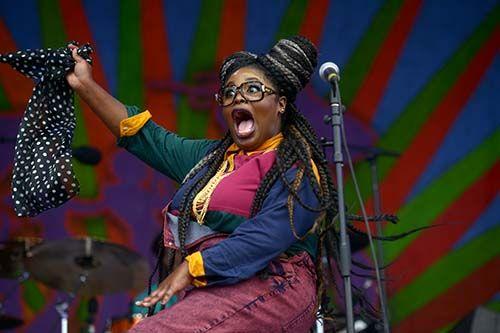There is one constant among the thousands upon thousands of college students in the United States, and that is uncertainty.
This is shown in numerous ways, but mainly through changing majors.
According to the National Center for Education Statistics, 80 percent of college students change their majors at least once after enrollment, and on average, change their majors three times throughout the course of their college career.
This kind of large scale uncertainty can lead to declining academic performance and unhappiness as students struggle to figure out what they want to do in life, something University students are no strangers to.
English sophomore Brittany Hagoort is now on her third major.
She started off as a fashion merchandising and then a mass communication major, and has now found a home in English. Her internal struggle is what led to the change, as she wasn’t truly happy in the other majors.
“I changed my major because I kept thinking about who I wanted to be in the future, and neither of those majors seemed to suit me,” Hagoort said. “I chose majors that I was good at as hobbies, and I didn’t choose majors that were going towards my ultimate goal job.”
Hagoort advises other students to talk to advisors and professors if they are having a hard time deciding what they want to major in, just as she did when she decided on English.
“When you’re not in the right major, you can start feeling as if you’re trapped in something you can’t get out of for the rest of your career,” Hagoort said. “People can give you advice that you didn’t think you even needed.”
For wildlife ecology and sociology senior Elizabeth Weltman, changing her major was unexpected.
Weltman was previously a biology major, and very passionate about becoming a veterinarian. After a year, she realized neither biology nor veterinary practices were what she was meant to do.
Biology has an emphasis on microbiology, something Weltman said she was completely unenthusiastic about. She had to change her major for the sake of her own happiness.
“I thought I wanted to be a veterinarian, and I thought biology was the best way to follow that path,” Weltman said. “I was obviously wrong about wanting to be a vet after I realized I had no interest in microbiology or medicine.”
Weltman said the reason she believes students change their majors so often is because most recent high school graduates have no idea what they want to do with their lives, and haven’t yet been able to take classes in what they are actually interested in.
She encourages students not to settle for anything they aren’t truly interested in despite outside pressures.
“I would never call choosing the wrong major a problem,” Weltman said. “It’s a natural thing for a student to change their major, and it’s only once people are allowed to take classes of their choice that they can discover what they like.”
Change of Pace
November 30, 2015



